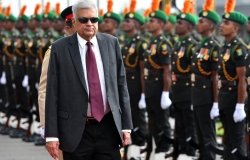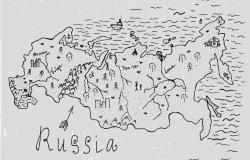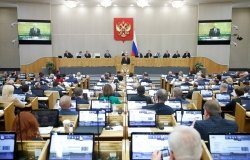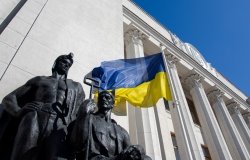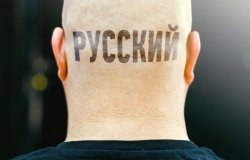#28 A Decade of Military Policy Making in Peru, 1968-1977
By Peter S. Cleaves
This paper was presented at the November 2-4, 1978 Workshop on "The Peruvian Experiment Reconsidered" organized by the Latin American Program of the Woodrow Wilson International Center for Scholars.
Summary
Policymaking in authoritarian regimes takes place within a smaller circle of governing elites and is characterized by greater secrecy than in institutional democracies. Nevertheless, the authoritarian executive must abide by similar rules when designing policy: maintain the governing coalition intact and mediate pressures from relevant social groups. Authoritarian leaders may find it to their advantage to open up the policymaking process either by calling upon bureaucratic expertise located within the state apparatus or soliciting the advice of class spokesmen. These tactics help improve the policy's technical features before promulgation and enhance its acceptance afterwards. This study of policymaking in Peru examines President Velasco Alvarado's skillful management of a revolutionary polity that defied usual limits on state autonomy. The Velasco regime (1968-1975) utilized an image of a unified armed forces and the policymaking process itself to advance reforms that had little objective basis of support, a fact that explains their reversal under Morales Bermudez (1975-1980).
Related Program

Latin America Program
The Wilson Center’s prestigious Latin America Program provides non-partisan expertise to a broad community of decision makers in the United States and Latin America on critical policy issues facing the Hemisphere. The Program provides insightful and actionable research for policymakers, private sector leaders, journalists, and public intellectuals in the United States and Latin America. To bridge the gap between scholarship and policy action, it fosters new inquiry, sponsors high-level public and private meetings among multiple stakeholders, and explores policy options to improve outcomes for citizens throughout the Americas. Drawing on the Wilson Center’s strength as the nation’s key non-partisan policy forum, the Program serves as a trusted source of analysis and a vital point of contact between the worlds of scholarship and action. Read more


